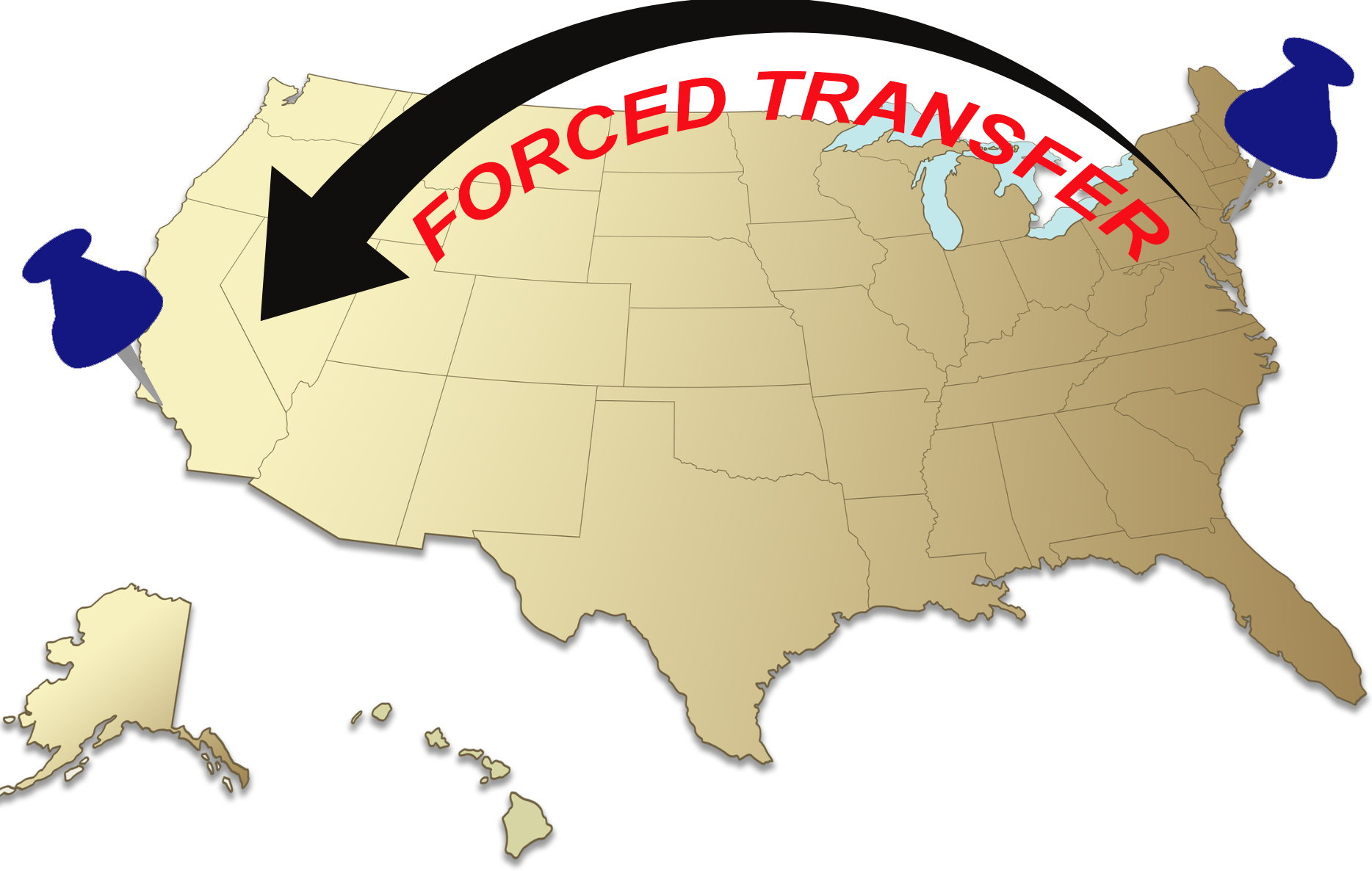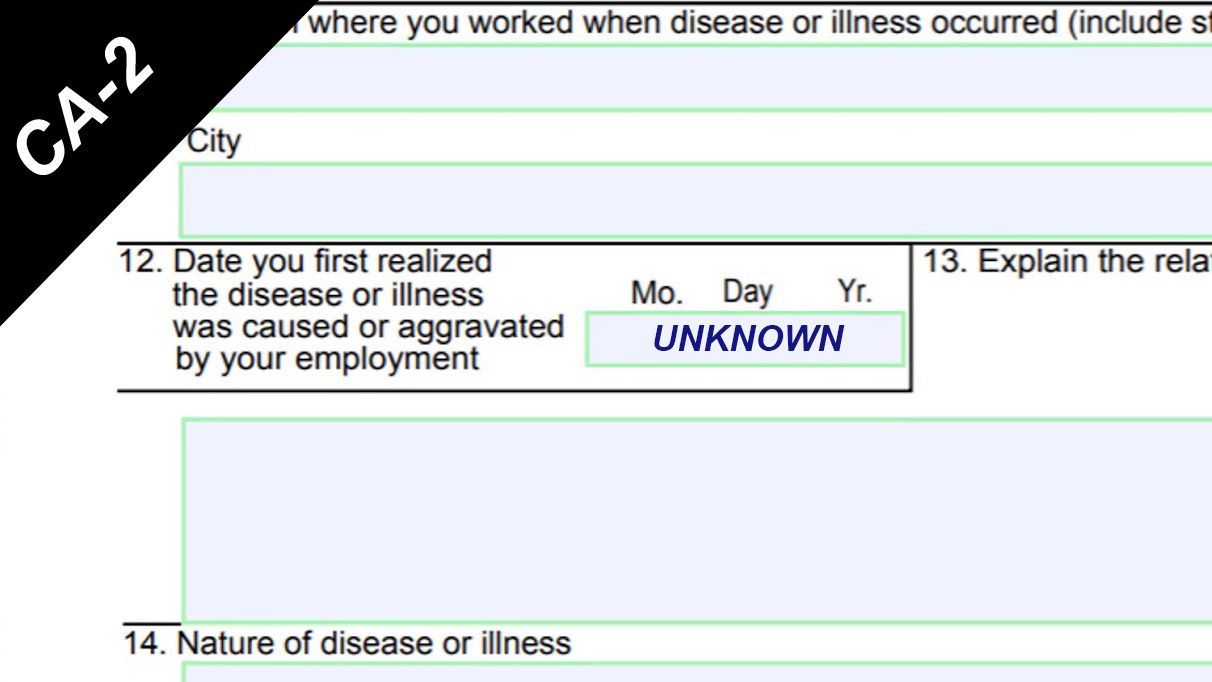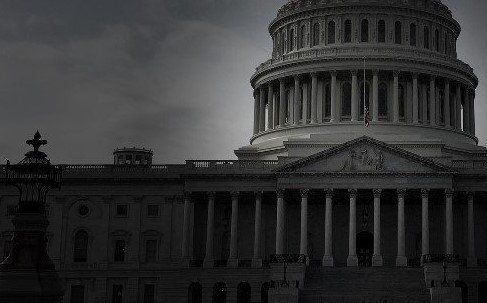Coronavirus, the ADA, and EEOC guidance
LEOS Protection • March 14, 2020
Employers and government agencies need to apply a cautious approach to confronting the novel coronavirus. Some employers are considering measuring the temperatures of their employees before they report to work, since a fever may be a symptom of the coronavirus. The Centers for Disease Control and Prevention defines a fever as 100.4°F/38°C or higher. The EEOC has pushed out guidance for pandemic preparedness in the workplace (which is generally the same as for the prior H1N1 and SARS events) .
Is a Temperature Test a Medical Examination Under the ADA?
The Americans with Disabilities Act does not define “medical examination.” However, the Equal Employment Opportunity Commission defines “medical examination” as a “procedure or test that seeks information about an individual’s physical or mental impairments or health”:
“The ADA prohibits an employer from making disability-related inquiries and requiring medical examinations of employees, except under limited circumstances… The ADA prohibits employee disability-related inquiries or medical examinations unless they are job-related and consistent with business necessity. Generally, a disability-related inquiry or medical examination of an employee is job-related and consistent with business necessity when an employer has a reasonable belief, based on objective evidence, that :
An employee’s ability to perform essential job functions will be impaired by a medical condition; or
An employee will pose a direct threat due to a medical condition.
This reasonable belief “must be based on objective evidence obtained, or reasonably available to the employer, prior to making a disability-related inquiry or requiring a medical examination.”
All information about applicants or employees obtained through disability-related inquiries or medical examinations must be kept confidential. Information regarding the medical condition or history of an employee must be collected and maintained on separate forms and in separate medical files and be treated as a confidential medical record.”
Accordingly, the agency may have authority to screen employees for fever before allowing work to commence, but results of any such tests must be strictly confidential and not populated into the employee’s job file or employment records. In prior guidance, the EEOC took the position that a temperature test in the event of a pandemic may be justified by business necessity. There is scant case law on the issue. An employer can minimize, but not eliminate, the ADA risk by making clear the temperature test is to determine whether someone has symptoms, not whether he or she has an impairment or medical condition.
The fact that having a fever does not mean an individual has COVID-19 or any other disability as defined by the ADA may be helpful but may not be determinative in whether a claim is brought and/or successful. The agency would be well advised to consult with the AMA first. Because temperature testing may benefit the majority of the workforce, the AMA may approve of such testing.
Abusive agency practices or violations of the rights of the workforce may result in a complaint filed with the NLRA. If a group of employees refuse to submit to testing, a real possibility that needs to be considered, particularly in light of privacy concerns. the employees most likely are engaging in protected concerted activity under the NLRA.
Employers need to be clear that the fact an individual does not have a temperature does not mean that he or she does not have Covid 19 or any other medical condition. It is a precaution; it does not equal prevention. Further, the CDC generally recommends that an individual who had a fever not return to work until the fever is gone for at least 24 hours without fever-reducing medicines. In the event the employee has been diagnosed with COVID-19, the waiting period likely would be longer, for example, three days after the cessation of symptoms without medication.
This information is furnished to you by our LEOS Protection partners.

Effective 09/28/2020, you can electronically receive and respond to letters from OWCP directly through your ECOMP Dashboard. If OWCP sends you a letter requiring a response, it will now appear in your ECOMP dashboard under the “Action Required” tab. You can respond online and attach documents to your response. A video tutorial is also available in ECOMP’s Help Menu under User Guides / Injured Worker / Introduction. If OWCP sends you an informational-only letter, it will only appear in your Case View, which you cannot access from your dashboard. To access your Case View, you must click on the case number from your dashboard. The second change also takes effect today, September 28, 2020, when OWCP will start using 202-513-6860 as the sole telephone number where you can reach them from 9:30 a.m. – 6:30 p.m. ET, Monday – Friday (except for federal holidays). This new voice line will replace the current 12 FECA district office telephone numbers and provide you direct access to your assigned Claims Examiner.











